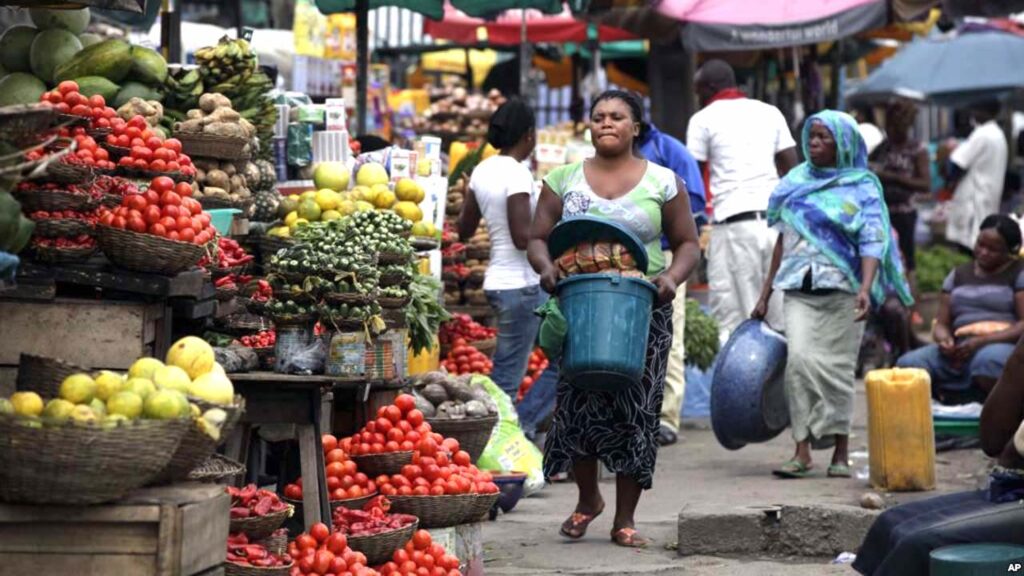Mr. Ibrahim Kabiru of the All Farmers’ Association of Nigeria (AFAN), has cautioned that food items would remain expensive in 2023, citing various factors.
First, he said climate change is still going to have a devastating impact on production this year like previous years. “The government has also yet to address the insecurity issues that have been limiting production. All these will keep food prices up this year”, Kabiru continued.
He explained that insecurity and insurgency in Nigeria’s agricultural regions was a major contributor to the inflationary pressure on prices of goods, stating that security concerns had hampered farming activities and disrupted the distribution of goods.
According to the National Bureau of Statistics (NBS), Nigeria’s annual inflation rate rose to 22.41 per cent in May from 22.22 per cent in April. This showed an increase of 0.19 per cent points, when compared to the April 2023 headline inflation rate.
Comparing this to 2022, according to NBS, the inflation rate was 4.70 per cent higher compared to the 17.71 per cent recorded May 2022. Also with the removal of fuel subsidy following the announcement by President Bola Tinubu in his inaugural address, and its attend transportation hike, prices of goods and services have also increased by various percentages. The NBS also said food inflation was 24.82 per cent in May up from 24.61 per cent in April. The bureau attributed the rise in food inflation to increases in prices of oil and fat, yam and other tubers, bread and cereals, fish, potatoes, fruits, meat, vegetables, and spirit.
In May 2023 alone, states like Ondo recorded the highest food inflation on a year-on-year basis with a 30.26 per cent, followed by Kogi (29.83 per cent), Kwara (29.52 per cent), Sokoto (18.89 per cent), Taraba (21.30 per cent) and Kano (21.33 per cent). Reports have it that frequent attacks by armed groups and herder clashes have resulted in farmers’ displacement, farmlands’ destruction, and an overall decline in agricultural productivity in recent years.
Kabiru has further lamented, “The country’s food import bill is running into trillions, in the face of high insecurity along the country’s food belt states of Benue, Kaduna, Katsina, Maiduguri, and Niger.
With food prices climbing to record peaks, millions of Nigerians are facing devastating hunger and malnutrition levels”.
The Operations Manager for Acquashoots Nigeria limited, a fully-mechanised farm in Oyo State, Mr. Abiodun Olorundero, while fielding questions from journalists, also opined that there was an urgent need for Nigeria to grow more food to drive down prices, although he expressed pessimism, if such would work wonders owing to critical issues such as insecurity and climate change that had been limiting crop production in recent years.
Meanwhile, experts have found out that the surge in food prices has been eroding consumers’ purchasing power, and consequently worsening diet requirements, thereby leading to a rise in poverty levels.

